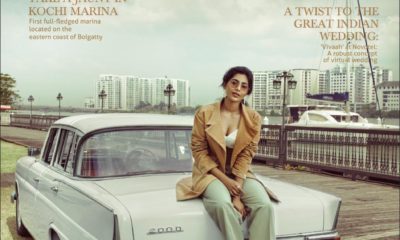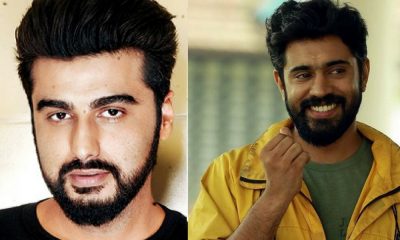Conversation
Althaf Salim: A Surprise Package
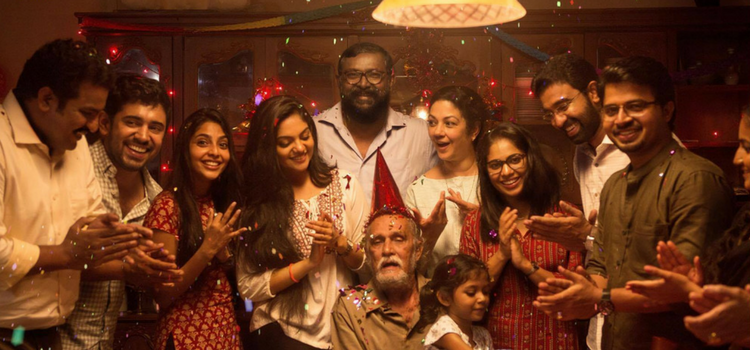
Debutant director Althaf Salim talks about his just released film Njandukalude Nattil Oridavela and his journey into filmdom
Words by Suhas KM and Charishma Thankappan Photo credits: Facebook
Do you remember the lanky school boy who is Mary’s friend in Premam? Though he made his appearance for a brief while in the film, his presence was noteworthy. Althaf Salim has grown from that skinny boy who no one knew, to don the director’s cap in the newly released film Njandukalude Nattil Oridavela. In an exclusive interview with FWD, he talks about his experience as a debutant director, and his journey into the industry.
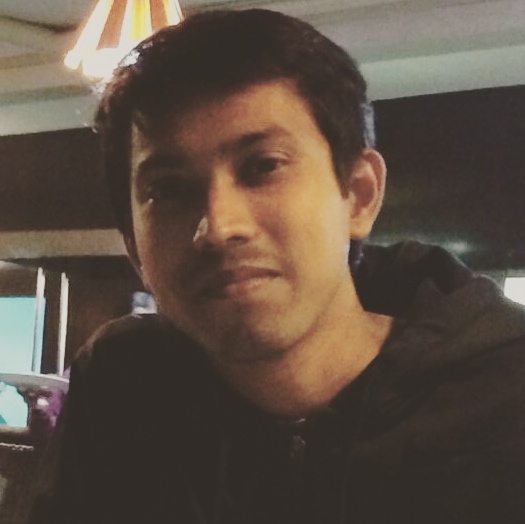
Tell us the process behind the birth of Njandukalude Nattil Oridavela?
Cinema has always been my passion. I had this story in mind since long and wanted to make a film out of it. The film is on the topic of cancer, and I conducted some research for it. George Kora, who has acted in this film as Mathew, and was also seen in Premam, is a friend of mine. I approached him to co-write the script. The story went through several processes of rewriting, and the final product is a result of the eighth attempt. There was a lot more comedy in the script initially, but then we felt that that would mitigate the seriousness of the subject, whereas we wanted to keep a balance of humour and earnestness.
What made you approach the theme of Cancer in a comical way?
It is a common notion among the general public that cancer is deadly disease which means an assured death. So there is a stigma associated with the illness where those suffering from it are looked at with pity and sympathy. In my researches, I found that the ailment is curable if detected at an early stage, and this is a fact that is still unknown largely. So I wanted to spread the message of timely medication and a change of attitude towards those detected with the affliction. Also, as the filmmaker in me prefers doing comedy films, I wanted the treatment to be in an amusing fashion, as against the morose handling that the subject is generally met with. So, I wanted to show that a sombre subject such as cancer can be shown in a lighter vein.
How did you rope in Nivin Pauly as actor and producer for this film?
I narrated the plot of this film to the director Alphonse Puthren, who is a mutual friend of Nivin and me. He suggested that I relate the story to Nivin, and that’s when I approached him. This was at the time when Nivin was shooting for Bangalore Days. As soon as he heard the narrative, he said he wanted to produce the film. He was thus, a natural choice for the role as well.
Nivin was not a big star at the time of Bangalore Days when you approached him at first for the film, but his stature is at par with the top actors of south Indian cinema today, at the time of Njandukalude… release. Was there pressure on you because of the transition?
Nivin never had any pressure on himself, and because of that, I was also stress-free. In any case, one can never afford to be bogged down by an actor’s star status. One has to give importance to the story itself. So that is the attitude I carry in my work.
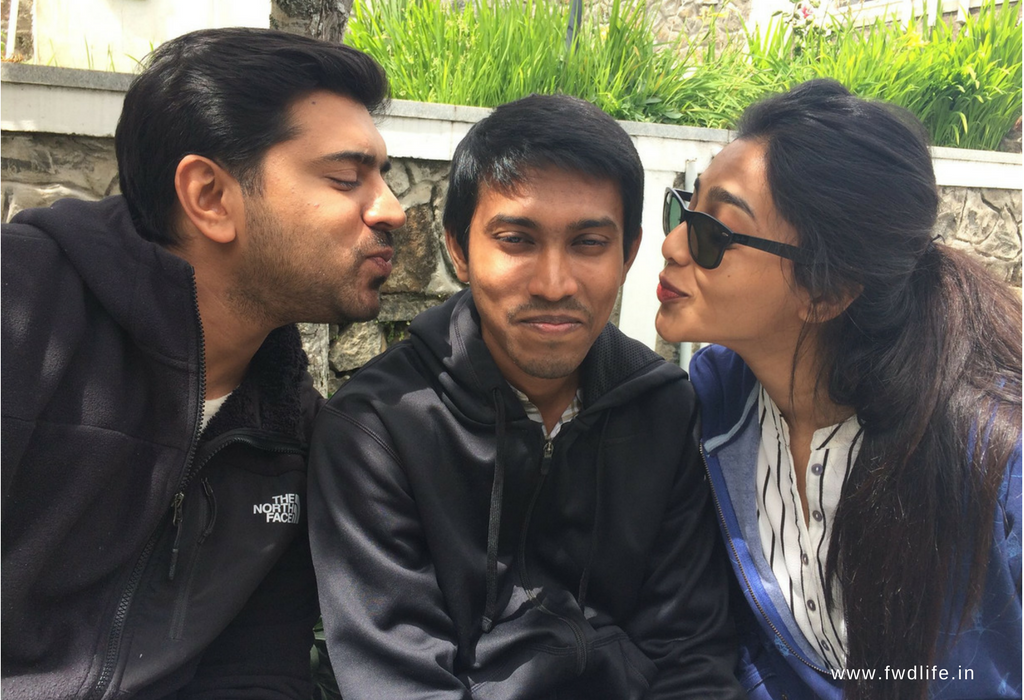
Tell us about the choice of Shanthi Krishna for the role of Sheela Chacko.
I did not have any particular actor in mind for the character of Sheela Chacko while writing the story. I came across an interview of hers on TV, and that’s when it struck me that she could be a great choice. The character is a strong woman who is able to hold the entire family together in a crisis situation. As Shanthi ma’am has always been seen in melodramatic roles in the past, I thought this character would be great to break that image. When I told her the story, she did not have any second thoughts while accepting the role. Now the film is garnering great appreciation for her performance and I am glad I made the right choice while casting.
What is the story behind the choice of the title?
I came across a book by the same title by the author Chadramathi, which is a memoir of her days battling cancer. I thought that as my film also deals with the same subject, it would be an apt name. So I took permission from her to borrow the title. It is mentioned in the credits of the film.
Generally, everyone enters the industry in the directorial role after assisting big names. But you have made your way up without the guidance of anyone. Tell us more about it.
It was a deliberate decision to not assist any director because I was afraid that I would be influenced by them and their methods in my work. Also, as assistant director, one has to do a lot of odd jobs and running around, which I am too lazy to do, so didn’t want to be the cause of failure in their projects!
I have learned movie making after watching a lot of films – I watch at least two movies every day. I watch all kinds of films; it’s what makes me happy the most. Movies have the capacity to transport you into another world.
Who are your favourite filmmakers?
I admire Jim Sheridan and Alexander Payne in Hollywood, and Sreenivasan in Malayalam films.
How did you choose acting amidst it all?
Alphonse told me that he had a role for me in the film Premam. It was not an offer but an order! I read the script and saw that anyway the character Jahangir had just a few lines, and as the crew was my friends, I went ahead and did it. That was my first time in acting. After that, I got to full-length role in Sakhavu. Now, I have signed a new project called Mandakini, directed by debutant Jenith Kachappilly.
In Njandukal… you have directed two directors – Lal and Dileesh Pothen. How was the experience?
I shot with Lal and Dileesh from the first day, first shot itself, which I see as a great fortune. Lal sir used to give his suggestions for certain takes. I could not spend much time with Dileeshettan as he had a small role in the film. Besides, he was busy with the shoot of Thondimuthalum Driksakshiyum.
How did you settle upon the casting for the film?
Nivin was the first to be cast. Though I didn’t have anyone in mind for the character of Chacko while thinking of the story; I was particular that Lal sir should play the character when I started writing the dialogues. His look in the film is different from how he is usually seen, as we made him wear cotton shirts in a tucked in manner. For the role of Chaachan, I wanted someone who would look realistic, as I didn’t want to use makeup. So I approached Antony Kochi. I asked him not to cut his hair for the look. The other actors – Sharafauddin, Krishna Shankar, and Siju Wilson are my friends, and I wanted to include them in some way in my film. Their roles in the film are also such that bring out their true talent. Aishwarya Lekshmi was chosen after auditioning for the role.
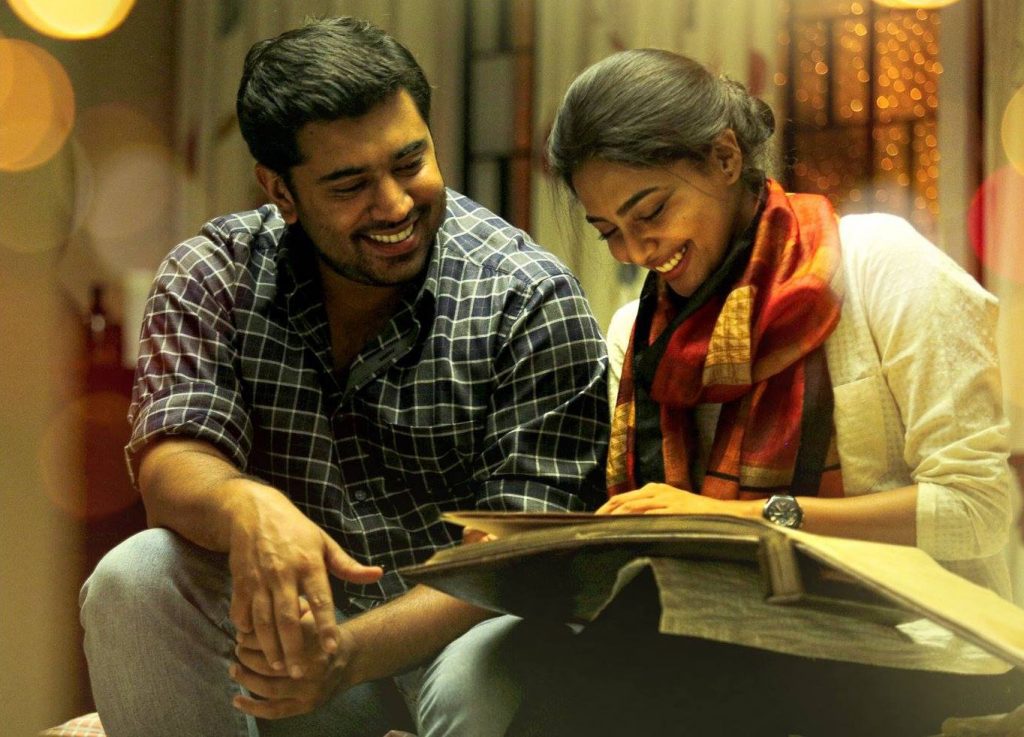
Why did you choose first timers such as Justin Varghese and Mukesh Muraleedharan for music direction and cinematography, when you could have had any leading names for the same, considering it is Nivin’s production?
Justin and Mukesh are my friends. Being a debutant director, I thought it was best to approach people who know me and my interest in films, rather than explaining myself to others. Also, both are equally talented. Justin has kept the background music very minimal, which is in sync with the performances of the actors.
What kind of films can viewers expect from Althaf in future?
You can expect all kinds of films from me. As I lay emphasis on humour, it will be a recurring element in all my films, except if the subject does not demand it.
Aishwarya Lekshmi addresses her debut with Nivin Pauly – Interview Video
Conversation
Netflix’s Cleopatra: A Controversial Provocation Egypt Could Do Without
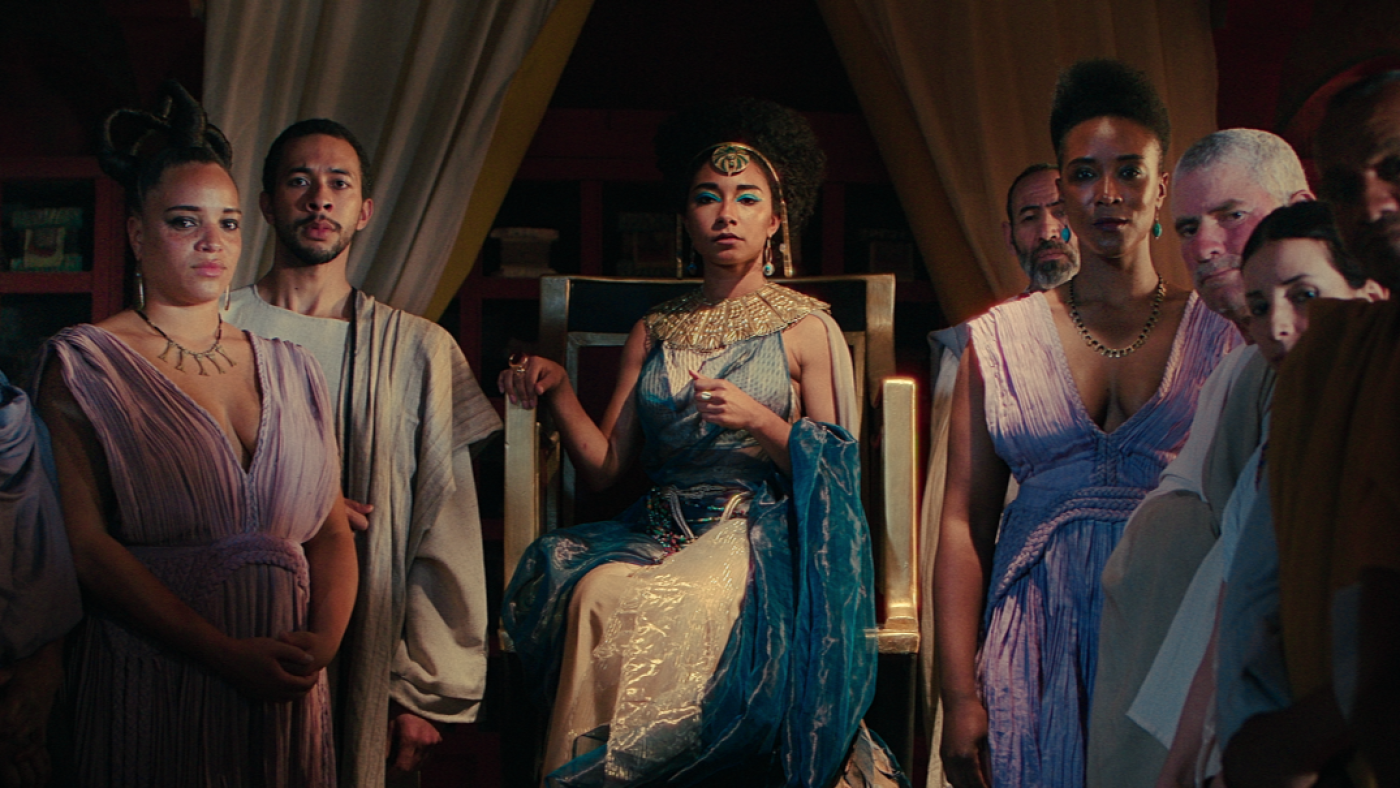
In the realm of streaming content, Netflix’s Cleopatra has recently grabbed attention, trending on most-watched charts amidst a contrived controversy over the casting of a Black actress in the iconic titular role. Produced by Jada Pinkett-Smith, this installment is the second in her ‘African Queens’ series, which has stirred debates surrounding representation and historical accuracy. However, the current state of Egypt, grappling with numerous challenges, suggests that this provocative series is the last thing the nation needs.
The portrayal of Cleopatra has always been intertwined with fascination and debate, particularly centered around her appearance rather than her race, in historical accounts. The Hollywood industry, historically dominated by white executives, had marginalized Black talent, deeming them unmarketable and unworthy of significant roles. The industry’s limited embrace of Black stories in the past was primarily driven by profit rather than genuine progressivism.
In the case of Netflix’s Queen Cleopatra, the casting of a Black performer in the lead role was destined to ignite controversy, especially among Egyptians increasingly hostile towards Afrocentrism. However, the preceding installment of the ‘African Queens’ series, Njinga, did not generate significant interest or impact, lacking the depth to stimulate intellectual discourse.
Director Tina Gharavi’s previous works, while sincere in their storytelling, did not display visionary filmmaking challenging the conventional Anglophone documentary style. Despite this, Netflix and Pinkett-Smith effectively employed marketing tactics, leveraging the race card to generate buzz around Cleopatra, ultimately leading to its elevated position in the charts.
Disappointingly, Queen Cleopatra fails to offer any fresh insights into the Egyptian icon. The four episodes follow a predictable and formulaic narrative structure, focusing on Cleopatra’s rise and fall without delving into her race. The series, featuring medium close-up interviews with academics predominantly from American and British institutions, coupled with lackluster dramatizations, fails to engage viewers or provide an aesthetically distinct perspective.
The show’s emphasis on Cleopatra’s physical beauty and sensationalized elements aligns with Netflix’s faux-liberal gender and sexual politics, which are often presented simplistically and lacking depth. While the representation of minority groups in film and TV is an important concern, solely focusing on representation can overshadow other vital aspects, such as artistry, film history, and the political use of aesthetics.
Critics and viewers fixated on the racial depiction of Cleopatra, generating substantial media coverage and overlooking the artistic value and storytelling approaches employed in the series. Amidst the heightened racial discourse, the nuances of Egypt’s complex relationship with blackness have been lost. Egypt’s struggle with economic crises, political challenges, and external influences leaves the nation feeling helpless and disheartened.
In its current state of turmoil, Egypt seeks a savior and is grappling with collective defeat, making the Netflix provocation an unwelcome addition. The nation, deprived of agency and self-determination, holds onto its historical heritage, which has been plundered by the West for centuries. In such circumstances, a reframing of their own history, even in the form of a fictional series, elicits a strong reaction from a nation grappling with numerous challenges.
Ultimately, while the casting controversy surrounding Netflix’s Cleopatra has sparked discussions on representation and historical accuracy, Egypt’s broken state and desperate need for stability and self-determination make this provocative series an unnecessary and untimely distraction.
Conversation
Unleashing the Power: Scorpio Lunar Eclipse on May 5th Signals Major Transformation Ahead
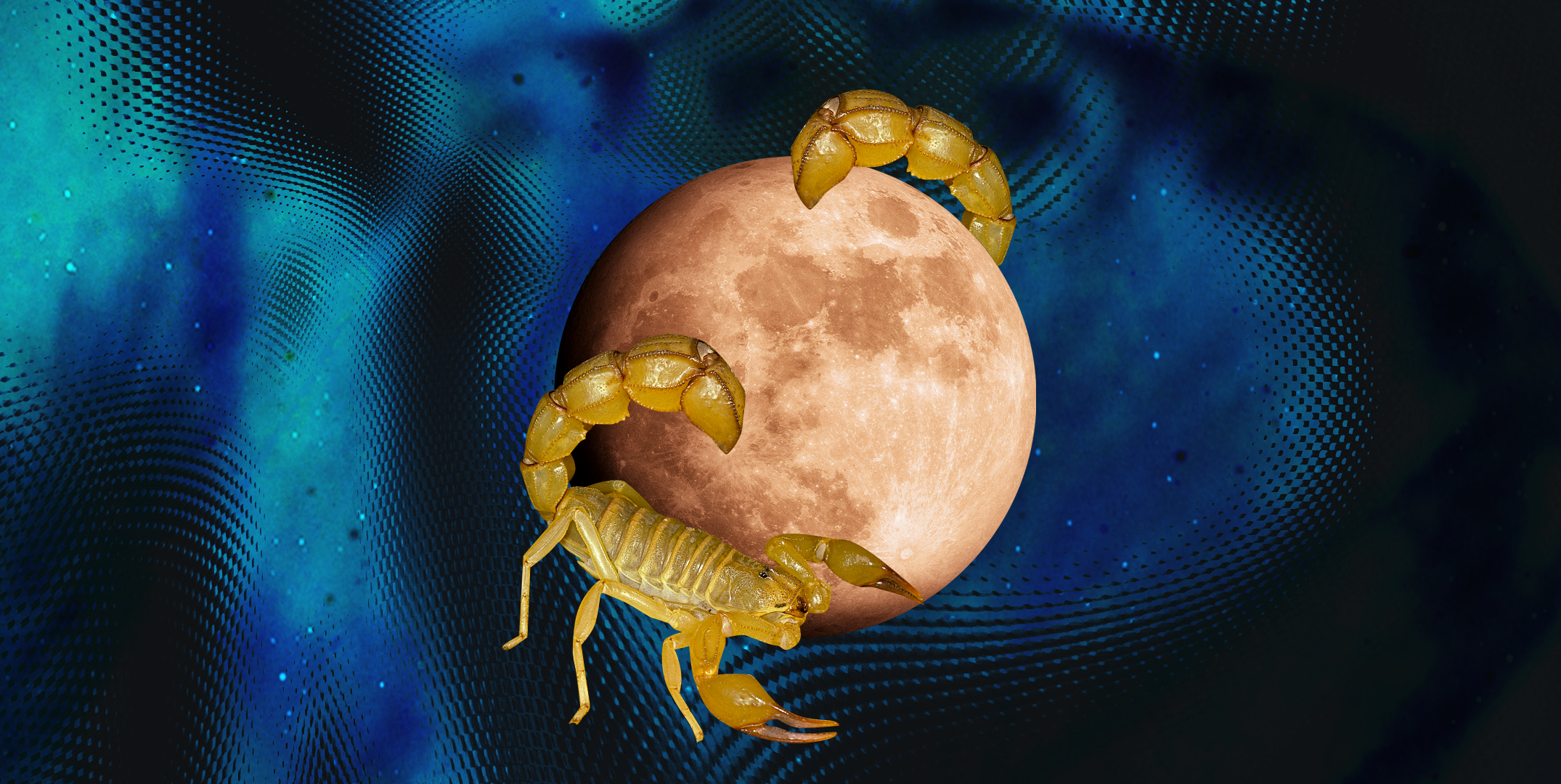
The cosmos are gearing up for a powerful event: the May 5th lunar eclipse in Scorpio. This celestial spectacle promises to be a transformative experience that will shake us to the core. As the full moon aligns with the sun and the Earth casts its shadow, Scorpio’s dark and intense energy will be unleashed, inviting us to confront our deepest fears and desires.
Scorpio, known for its enigmatic nature and passionate intensity, is the zodiac’s most enigmatic and mysterious sign. It’s associated with death, rebirth, and transformation, making this lunar eclipse an auspicious time for letting go of old patterns and embracing a new, more authentic way of being. The Scorpio energy is all about digging deep into the shadows, exploring our subconscious minds, and facing the truth no matter how uncomfortable it may be.

During this lunar eclipse, we can expect intense emotions to surface, bringing to light buried feelings and hidden desires. Scorpio’s energy is not one to shy away from the taboo or the uncomfortable, and neither should we. It’s time to confront the parts of ourselves that we’ve been keeping hidden, and to embrace our true selves.
As we navigate this intense energy, it’s important to remember to practice self-care and self-love. Scorpio’s energy can be overwhelming, so be sure to take breaks and ground yourself when needed. The lunar eclipse is an opportunity for growth and transformation, but it’s up to us to take the necessary steps to harness this energy and make the most of this powerful celestial event.
In conclusion, the May 5th lunar eclipse in Scorpio is a powerful and transformative event that promises to shake us to our core. It’s an opportunity to face our fears, embrace our desires, and transform ourselves from the inside out. So, get ready to unleash your inner Scorpio and embrace the intensity of this celestial event.
Art
8 Best Podcasts of 2020

To the people who doesn’t know what a podcast is- it’s pretty much like a radio show and is released in a streamable or downloadable format through various sites. You can access to millions of podcasts in many genres from anywhere you have internet access.
Here’s a list of podcasts for you to listen:
The Musafir Stories – India Travel Podcast

The Musafir Stories is a wonderful online podcast that talks about iconic and, in fact, all sorts of travel destinations. The podcast series is hosted by Saif Omar and Faiza Khan who talk to fellow travellers about their various adventures across India.
Available on iTunes, Google podcasts, JioSaavn, and Spotify.
https://themusafirstories.com/
Second Life

This online podcast is hosted by Hillary Kerr from the well-known fashion publication Who What Where and it chronicles the career changes of its many guests. It spotlights successful women who’ve made major career changes.
You can listen to her episodes on Apple podcast, Spotify, and Podbean.
https://www.secondlifepod.com/
In The Dark

In The Dark’s content is about uncovering the world’s most iconic crime cases. In short, it’s an investigative journalism podcast, hosted and narrated by Madeleine Baran.
You can listen to it on Apple Podcast, Stitcher, and Podbean.
https://www.stitcher.com/podcast/american-public-media/in-the-dark-apm
The Passion People Podcast

The Passion People Podcast is a series of conversations about following a passion and how to manifest it. There are several conversations with experts, entrepreneurs, and icons that inspire the listeners, and the show is hosted by Naga Subramanya.
You can find the podcast on Stitcher, Apple Podcast, and JioSaavn.
https://www.stitcher.com/podcast/naga-subramanya-b-b/the-passion-people-podcast
GayBCD

GayBCD is an online podcast that seeks to understand what it means to be queer in today’s time. It’s hosted by Sunetro Lahiri and Farhad Karkaria and is created by IVM Podcasts. You can expect to find funny and comforting discussions about coming out and how a sense of humour, wisdom, and parlance play such an important role in understanding yourself better as a person.
This podcast series is easily available on YouTube, Stitcher, JioSaavn, and Apple Podcast.
https://www.stitcher.com/podcast/indus-vox/gaybcd
Harry Potter at Home

Harry Potter At Home is a new series by the Wizarding World that has famous names from entertainment, music, and sports reading chapters from Harry Potter And The Philosopher’s Stone, and the magic is still alive. They currently have the first two chapters out – the first by Daniel Radcliffe and the second by Noma Dumezweni.
You can listen to the series on Spotify and a video version is available on Wizarding World.
https://open.spotify.com/show/2JUljwaD9fNSeq8Vy3UAUp
Maed in India

Maed in India prides itself on being India’s first indie music podcast and features conversations with, well, independent musicians from India and abroad. From unreleased music to unknown music stories, they have it all. It’s great for discovering new music, too.
You can listen to this podcast on iTunes, Spotify, JioSaavn, Podbean, Google Podcasts, and Stitcher.
https://maedinindia.fanlink.to/podcast
The Corner Flag

Indian fans of the European and Worldwide football can rejoice in this chat show about sports with comedian Amogh Ranadive. If you like hearing commentary on the latest Premiere league (or other) antics with an Indian twist this might just be the Indian chat show for you.
You can listen to this podcast on Spotify
-
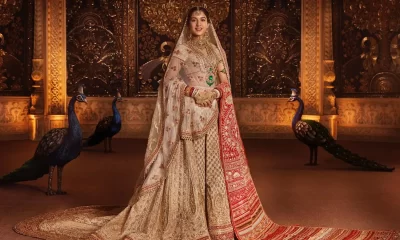
 Style11 months ago
Style11 months agoBridal Guide : Best Looks of Radhika Merchant Ambani
-
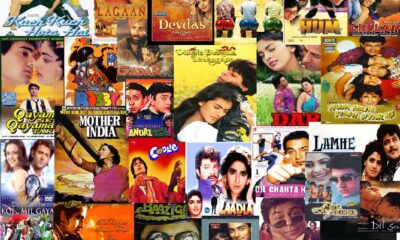
 Movies1 year ago
Movies1 year agoA Nostalgic Journey Through Love &Cinema : Best Bollywood Romantic 90s Movies
-

 AD9 months ago
AD9 months agoPopular Curtain Fabrics to Consider for Your Home
-
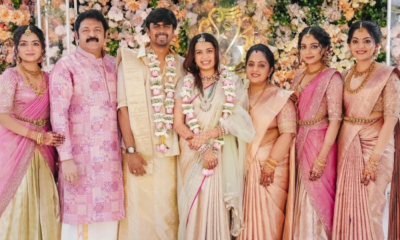
 Events9 months ago
Events9 months agoBest of Fashion Looks : Diya Krishna Wedding
-
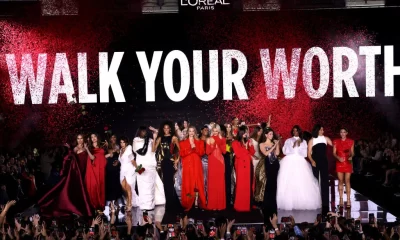
 Events9 months ago
Events9 months agoThe L’Oréal Paris Show at Paris Fashion Week 2024
-
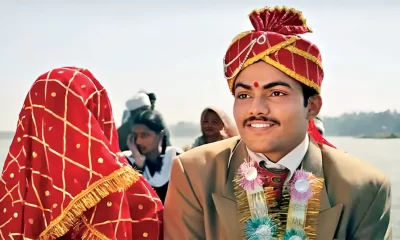
 news9 months ago
news9 months agoLaapataa Ladies: Kiran Rao’s Social Satire Becomes India’s Official Entry for the 2025 Oscars
-
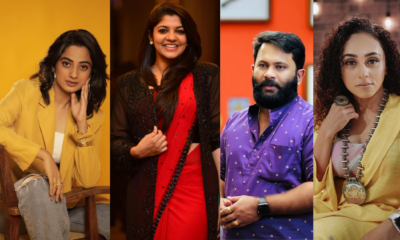
 People1 year ago
People1 year ago10 Star-Studded Ventures Owned by Malayalam Celebrities
-

 Art9 months ago
Art9 months agoNavratri 2024: Celebrating the Nine Colours and Their Significance




